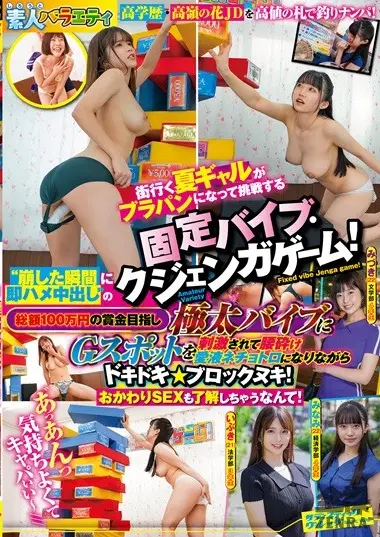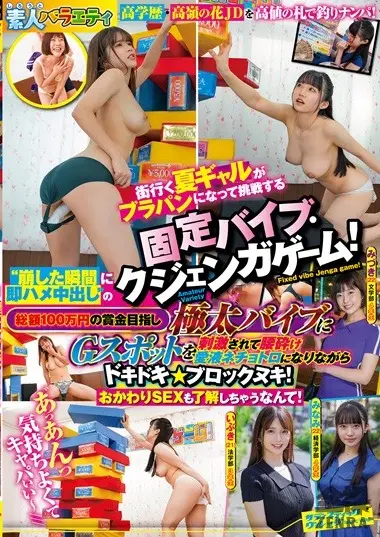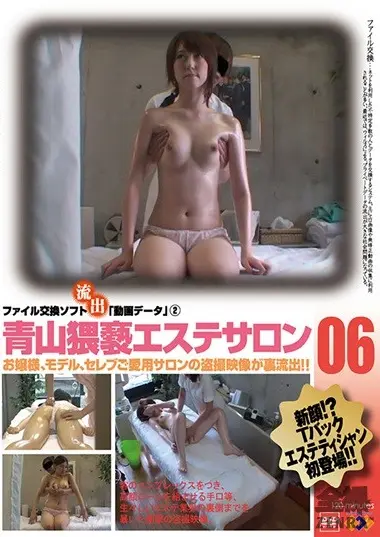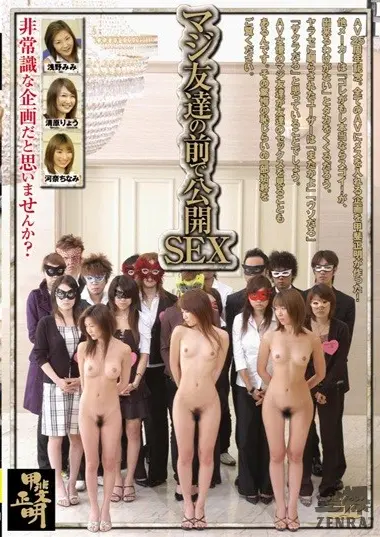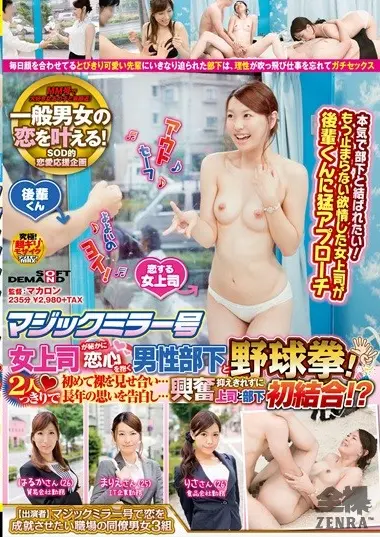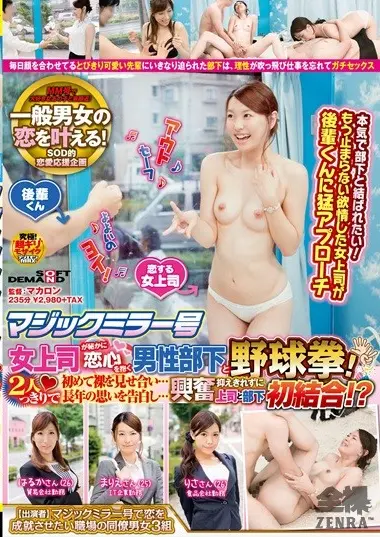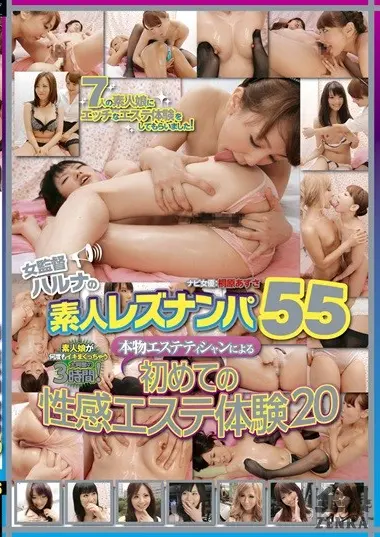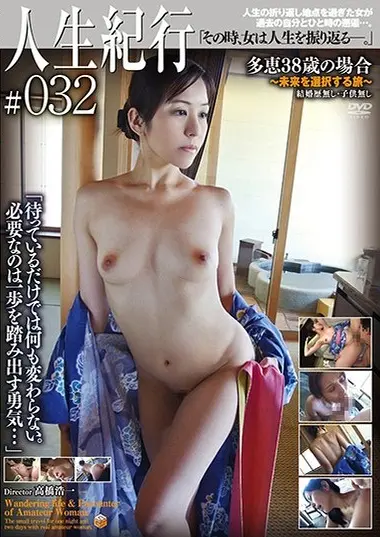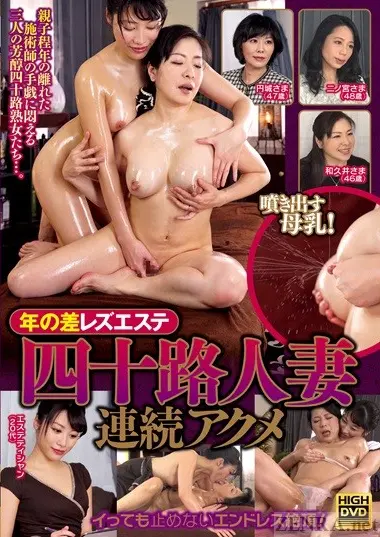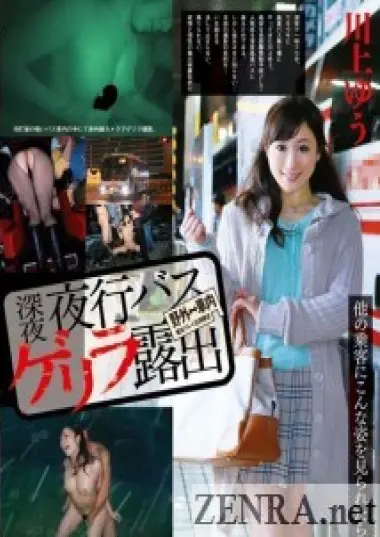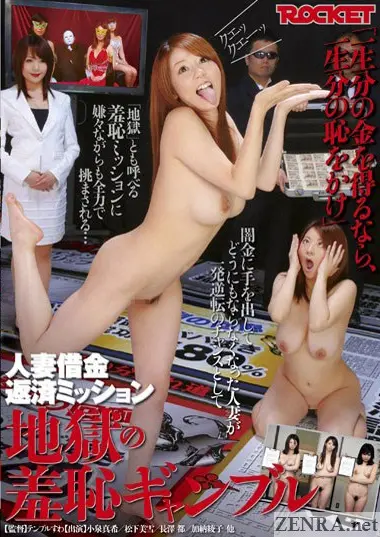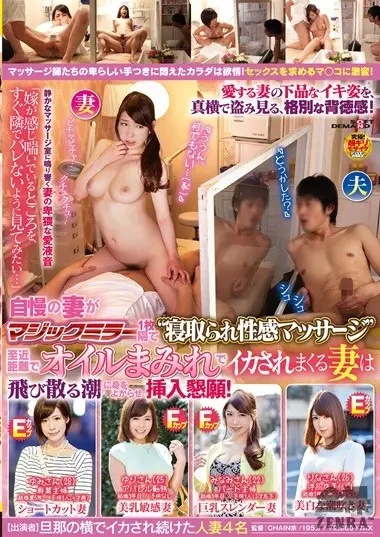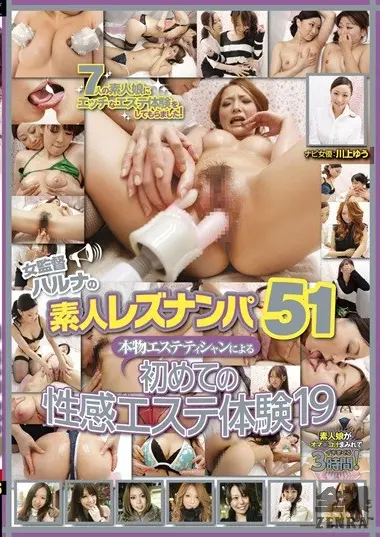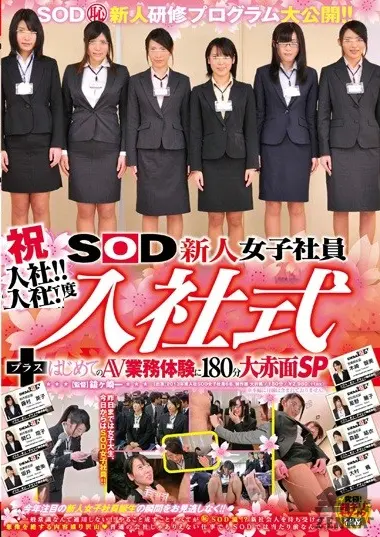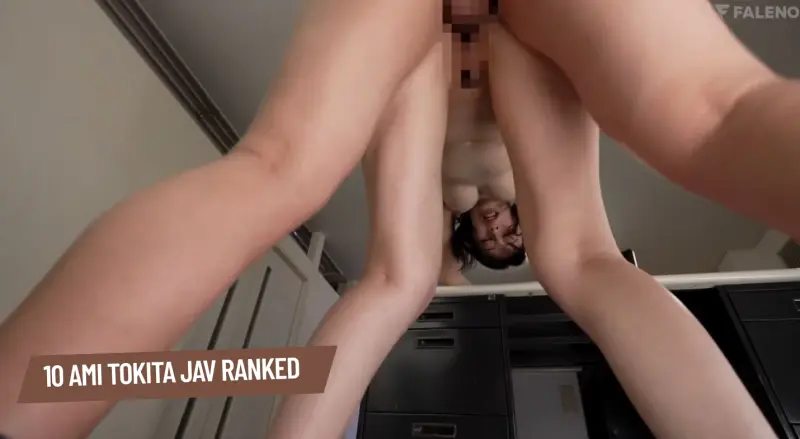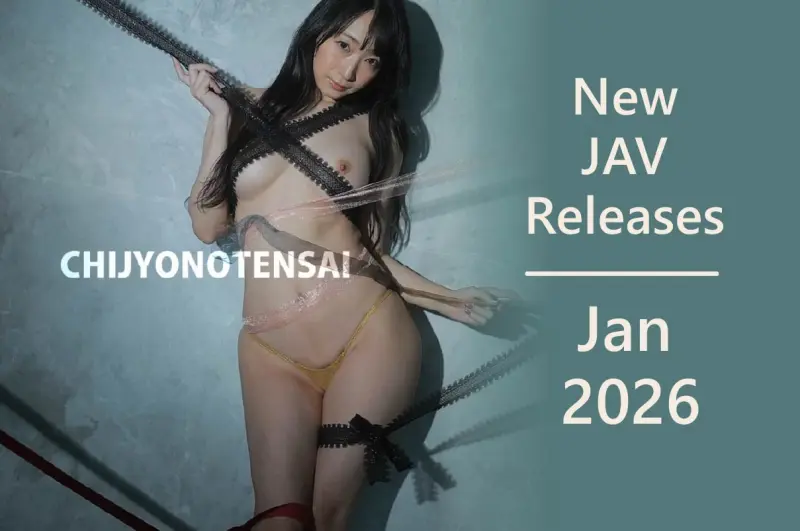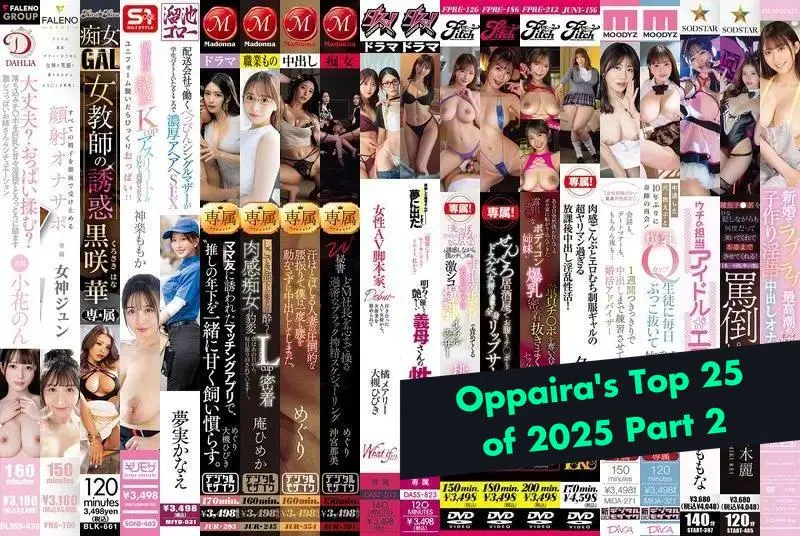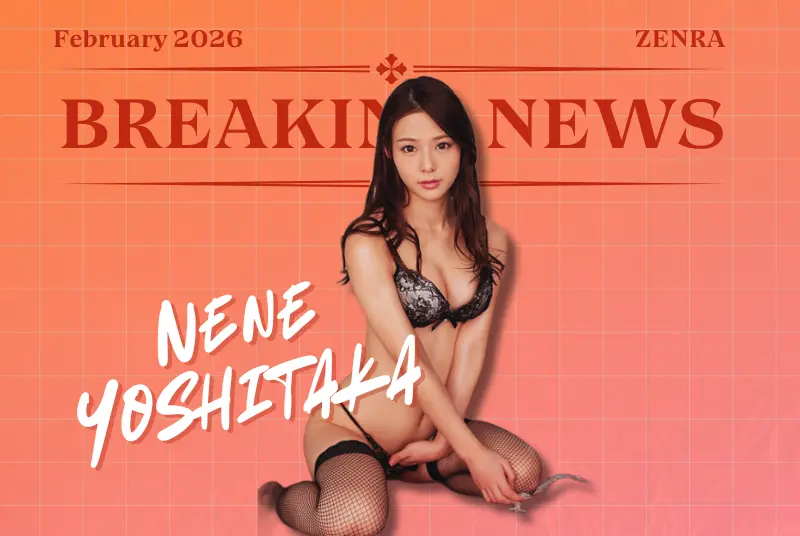The Colabo Saga - The Big Reveal Volume 2

Moving on, upon doing a review of the fiscal year of 2018 budget. Himasora suggests at an inconsistency where three parking spaces were applied for by Colabo in a year, followed by only one parking space in the consecutive years. Now, one might wonder what is so strange about that? He further highlights a peculiar scenario in 2018 where, despite a six-month implementation of expenses such as gasoline & tyre fee, the budget remains the same as the following year of that of 10 million, but technically it should have been 5 million right? Considering budgets were allocated for only half the year. He suggests that they might have exaggerated the figures. Concerns over the organizations combined transportation expenses were also raised, which have surged from 16 million in 2020 to 45 million in 2022, that is like a three-fold increase in a span of two years. Sudden fluctuations in monthly parking fee is a common occurrence in the reports, for instance in 2018 Himasora notices a spike in monthly parking fee to 15,000 yen from the usual 13,000 yen. Discrepancies as such being that a parking space was allocated, but gasoline fees was charged for three cars, highlights the inconsistency in the general incorporated firm’s accounting.
Screengrab of Colabo's Transportation Expenses commencing from the Reiwa Era
As per Himasora's assumption, a Nissan Civilian, averaging 6 km per litre in Tokyo should burn around 150 yen in gasoline, needed for trips between the bus cafe parking lot and Shinjuku City Hall, based on historical price trends and his calculations suggesting possible exaggerations or errors in the data. Considering how they’ve been discreetly pocketing 15,000 yen per month in gasoline expenses despite calculations suggesting a required 4,500 yen monthly expense. Colabo’s accounting inconsistencies are so large it’d take on days to go through the full list of errors. Take for example, budget allocation for tire replacement during winters totalling 280,000 yen, but the actual amount submitted for ‘winter tire replacement’ was 847,000 yen, netting a profit of almost 567,000 yen which in my assumption is a prime example of laundering done right, and goes into fulfilling Yumeno’s political propagandas. To fuel my rumor, Himasora does a crazy good job on unearthing another fact that strengthens my assumption.
In his findings, Himasora highlights a sudden increase in parking fees for three cars to 60,000 yen per month for a whole quarter, raising alarms over the purpose of this expenditure. One could suspect political motives, possibly tied to Communist Party activities which might have spiked during the period of these three months. It implies Colabo's involvement in supporting a Communist Party candidate, Saori Ikeuchi through parking lot rental, speeches, and leafleting during the latter’s political rallies, concluding these as actions straightforwardly political. The conversation suggests financial irregularities, budget mismanagement, and suspicions of political activities within the organization. Moreover, Himasora expresses concerns about the Tokyo Metropolitan Government's response, implying potential hidden motives. The dialogue uncovers inconsistencies that raise doubts about the accuracy and transparency of financial reporting and decision-making within the organization.
Like I said, there have been various instances of her defrauding the taxpayers . One such incident is when Yumeno alleged that there have been several incidents where her bus cafe as well as the volunteers have been a subject of slander and hate. In 2022 she admitted to have found scratch marks on her bus cafe which Yumeno blamed upon some miscreants but upon further investigation Himasora concluded that the protective film applied on the bus had a shelf life of max 2-3 years and pointed to one of Yumeno’s pics in which she could be seen posing alongside the bus cafe with visible scratch marks on the bus.
In reference to being the recipient of hate, Yumeno tweeted a evidence of the Tsubomi Cafe bus being scratched by miscreants
Much to what was expected, the laundering has been prevalent for a while with Colabo accessing different tactics to screw the tax system and avail at its dispense. Take for instance the bus, that Colabo uses for it’s Tsubomi Cafe which the female activist has applied for and received 1,32,3282 yen from the Tokyo Metropolitan Government in the three years since the beginning of 2019 with the cost of purchasing tires every year. As of the year 2022, it turns out that it was running with tires in 2014 uncovered by an independent reporter with Echo News. In the first place, it's not strange that 8-year-old tires can burst at any time, no matter how many collaboration buses are dispatched multiple times a year, the rubber of the tires will naturally deteriorate." That is apparently one of the reasons why Colabo applies for a tire replacement fee every year.
Notify Me of New Blog Posts
Get notified when we publish new blog posts:
The actual scratch photo posted by Himasora which is nothing but a mere wear & tear to the car wrap
Let's zoom in and put them side by side, the first one is 2021 and the second one is 2022, the 2021 one is poor quality from a distance, but you can still see the scratches in the same position. This scratch spread out in 2022, right? I mean, in the 2022 photo, I'm trying not to show it, but in the 2021 photo, the left side is peeling off.
The useful life of car wrapping is two to three years. Taking that into perspective, the Colabo bus was purchased in October 2018, so clearly four years have passed and the wrapping is bound to wear off. On top of that, the scratches were there in November 2021, so it's only natural that those scratches would progress "In addition to being strange in that respect, there have been scratches since 2021, and the service life limit of the wrapping has been exceeded as of 2020. It is only natural that those scratches would progress and spread. Plus, the fact that the 2022 photo shows the scratches darkening and such means they're not new scratches" quotes Himasora as he concludes the statement by saying "Well, normally, if you want to harass and hurt someone, you would carve more derogatory letters”.
A comparison of Colabo's actual report and the one submitted to Tokyo Metropolitan Government, showing severe mismatch in figures
Several consultation reports submitted to the Tokyo Metropolitan Government for review have also been notoriously inflated and Himasora blames the NPO of falsifying the reports. Take for example, In 2015, they had 121 consultants, in 2016 they had 135 consultants, in 2017, 184 people and in 2018 when Yumeno decided to incorporate it as an NPO, the number was artificially inflated to 552 people, although the actual number of consulted individuals comes around 126 people in the report submitted to the TMG. This is as close to the truth as it gets, It’s right in front of our eyes, Colabo inflated number of consulted individuals in 2018 from 126 to 552 people. This is what I’ve been trying to convey, the firm has a knack of making things up. So, I think there is a discrepancy between the NPO's report, which writes the number of consultations in line with the inflation, and the TMG report, which writes the actual number of consultations". Himasora cites that reports to the Tokyo Metropolitan office have been roughly 4-5 cases per consultant for a considerable time. However, for some reason since 2019 the number of reports increased two to three-folds in the NPO's accounting. So, thereby Colabo's shady practise of inflating the numbers to 15 cases/ person or 12 cases/person are not reliable at all.
Chart showing how long term occupants to the NPO's accommodation programme is zero to none
Another thing to notice is that the number of applicants for long-term shelter (more than 2 weeks) is subject to investigation. Typically, due to the nature of individuals staying at these accommodations is constricted to short-term stays, the number of applicants for long-term shelter in the past 5 years is zero, unlike the data submitted in activity report. Also, in the report on this website, the hotel stays are listed as 232 nights, but in terms of reimbursement, the NPO applied for 300 million yen per night for 300 nights which comes around 10,000 yen per night and is a stark difference to the figure quoted in the report. Hotel stays are listed at 770 nights, but according to the TMG report, they are listed at 170 nights.
Part 2 of 'The Big Reveal' drops next month, keep an eye!
Part 1: The Colabo Saga - A Storm Is Brewing!
Part 2: The Colabo Saga - The Protagonist
Part 3: The Colabo Saga - The Lone Whistleblower
Moving on, upon doing a review of the fiscal year of 2018 budget. Himasora suggests at an inconsistency where three parking spaces were applied for by Colabo in a year, followed by only one parking space in the consecutive years. Now, one might wonder what is so strange about that? He further highlights a peculiar scenario in 2018 where, despite a six-month implementation of expenses such as gasoline & tyre fee, the budget remains the same as the following year of that of 10 million, but technically it should have been 5 million right? Considering budgets were allocated for only half the year. He suggests that they might have exaggerated the figures. Concerns over the organizations combined transportation expenses were also raised, which have surged from 16 million in 2020 to 45 million in 2022, that is like a three-fold increase in a span of two years. Sudden fluctuations in monthly parking fee is a common occurrence in the reports, for instance in 2018 Himasora notices a spike in monthly parking fee to 15,000 yen from the usual 13,000 yen. Discrepancies as such being that a parking space was allocated, but gasoline fees was charged for three cars, highlights the inconsistency in the general incorporated firm’s accounting.
Want to read more?
Create a free account to access more blog posts each month!
More Info: The Future of the ZENRA JAV Blog
Unlock unlimited blog access!
Subscribe or purchase videos to get unlimited access to all blog posts and support legal JAV.
For those unable to pay, approved thoughtful blog comments will reset your monthly limit.
Video Purchase Coupon Code:
More Info: The Future of the ZENRA JAV Blog
Comments
Continue Reading Join the Discussion Welcome to ZENRA!
Register for free to get more blog posts each month, or login to continue reading.
Login or register to join the conversation and share your thoughts.
By Oppaira @ October 9th, 2023
By JWL @ June 25th, 2020







